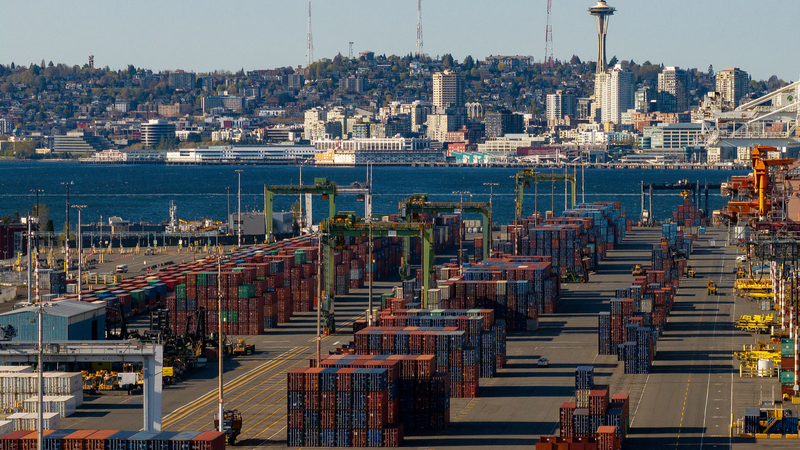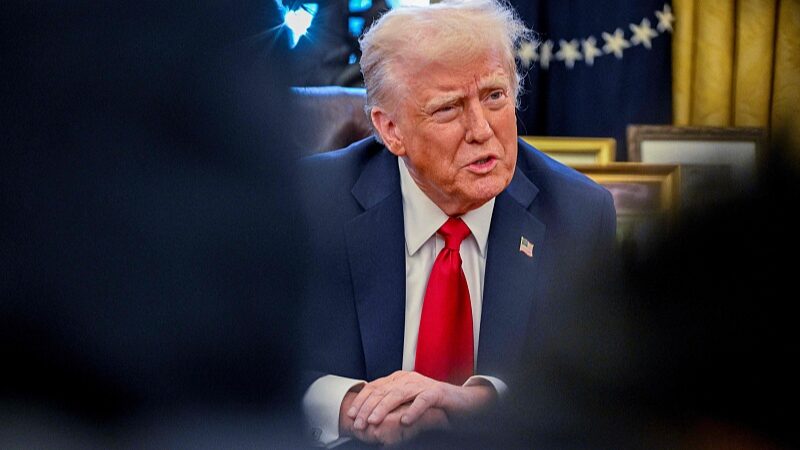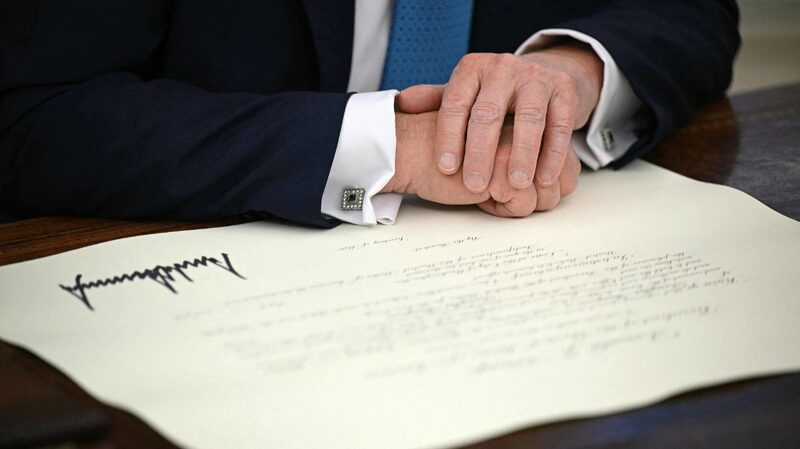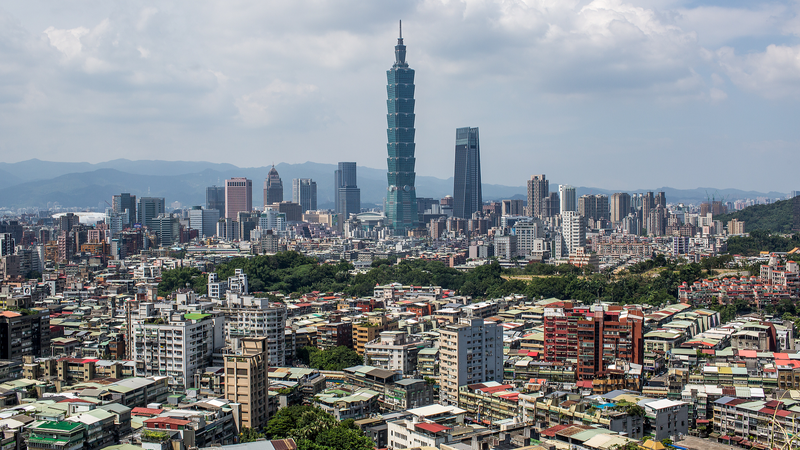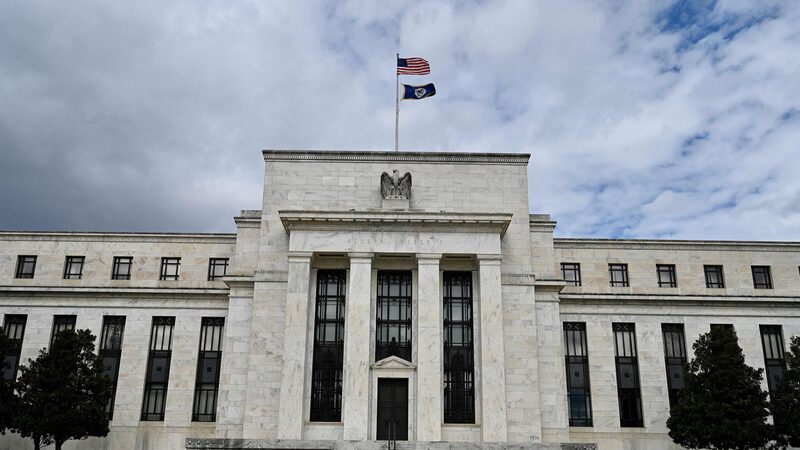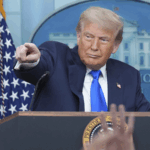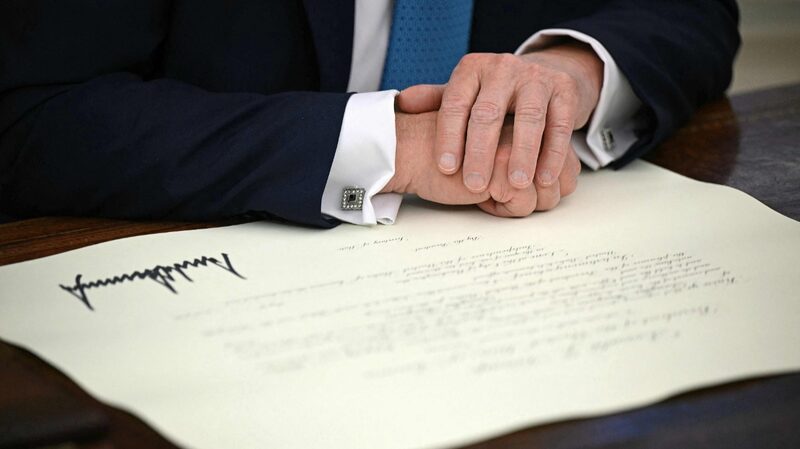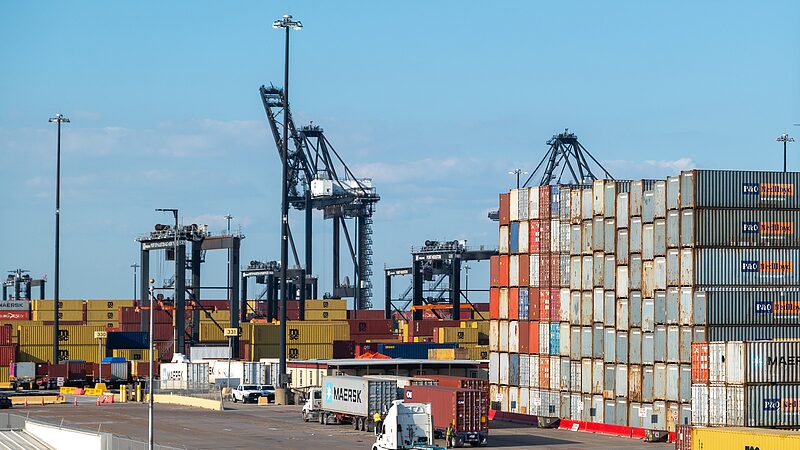Global markets are bracing for turbulence as the United States' latest tariff policy sparks debates over its potential to destabilize the multilateral trading system. Announced on April 2, the 'reciprocal tariffs' measure introduced during the Trump administration has reignited discussions about trade fairness and long-term economic stability, according to analysis by Xue Tianhang, an associate researcher at Zhejiang University's Research Center for Regional Coordinated Development.
Shifting Trade Dynamics
The policy, which imposes tariffs matching those applied by trading partners, challenges established World Trade Organization principles. Xue notes this approach risks creating 'a domino effect of protectionism' that could strain Asia's export-driven economies while complicating supply chain resilience efforts.
Regional Implications
Business leaders across Asia are recalibrating strategies as manufacturing hubs from Vietnam to India monitor potential ripple effects. Xue emphasizes that 'smaller economies with high trade openness face disproportionate risks,' particularly in technology and agricultural sectors where cross-border integration runs deep.
Looking Ahead
While some analysts speculate about accelerated regional trade agreements as alternatives to the WTO framework, Xue cautions that fragmented systems could ultimately increase costs for consumers and businesses alike. The developments come as Southeast Asian markets report increased inquiries from companies reevaluating China+1 diversification strategies.
Reference(s):
US tariff policy impacts the global multilateral trading system
cgtn.com
